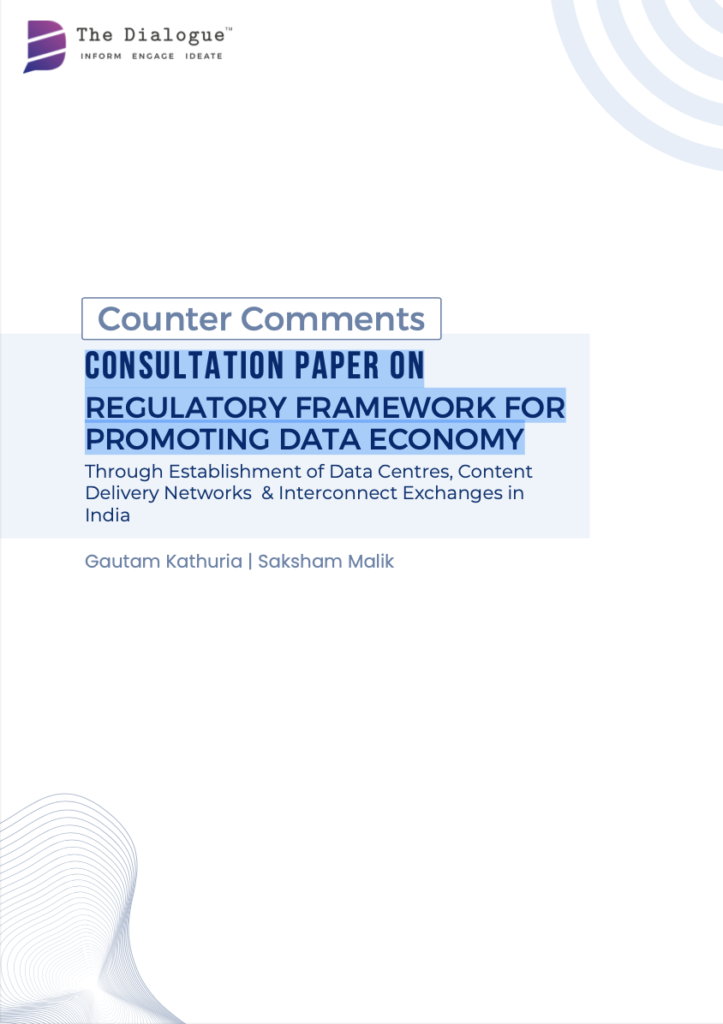Digital platforms, online content, and broadband connectivity have greatly accelerated digital engagement due to increasing internet and mobile penetration. This thriving data economy underscores the significance of data control, storage, processing, and sharing for business growth and enhanced customer experiences. Therefore, a well-structured framework for the data economy in India is essential to foster equitable growth across the sector. Currently, there’s a focus on essential digital infrastructure elements, including data centers, information exchange points, and content delivery networks (CDNs).
A CDN comprises geographically distributed servers that facilitate rapid and seamless Internet content transmission by caching content at the network edge, ultimately improving website performance, user engagement, and content consumption. CDNs efficiently deliver website content to users in various locations, without requiring the physical setup of servers near users. Recently, TRAI released a ‘Consultation Paper on the Regulatory Framework for Promoting Data Economy Through Establishment of Data Centres, Content Delivery Networks, and Interconnect Exchanges in India,’ to which stakeholders submitted comments. In this response and counter-comments analysis, The Dialogue will evaluate the consultation paper and the feedback received, focusing on CDNs and data privacy regulations. The key issues addressed include ‘Competition law and CDNs,’ ‘Licensing frameworks, net-neutrality, and regulatory frameworks,’ ‘Jurisdictional overlaps,’ and ‘Data Privacy,’ with recommendations aimed at resolving these concerns.
Response drafted by: Gautam Kathuria, Saksham Malik
